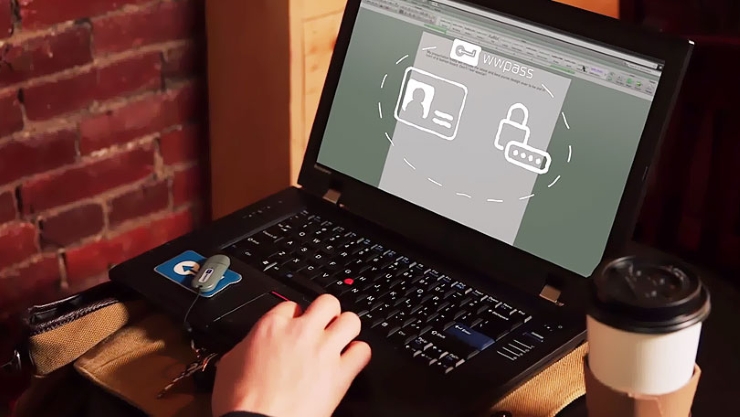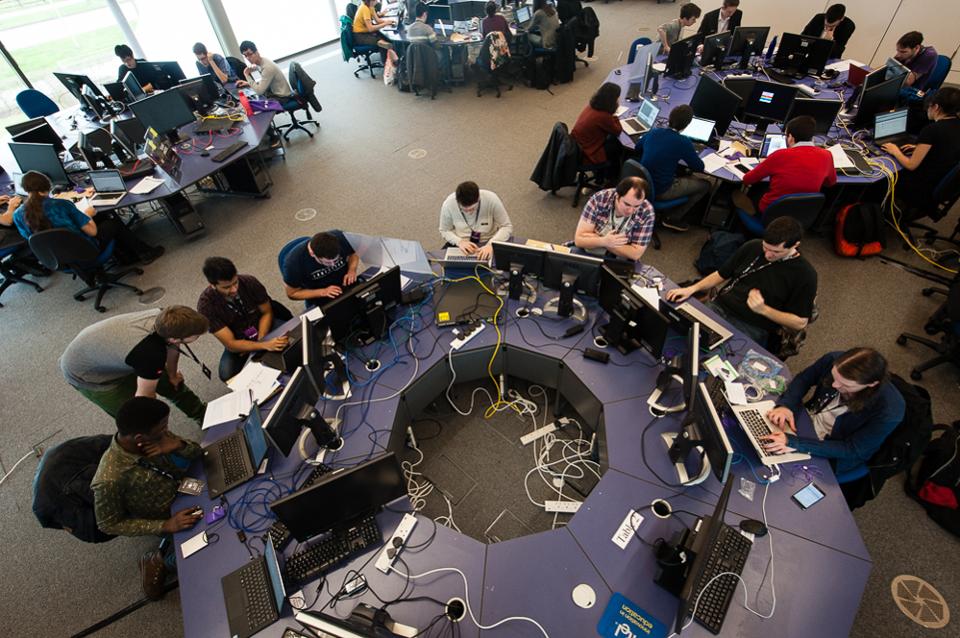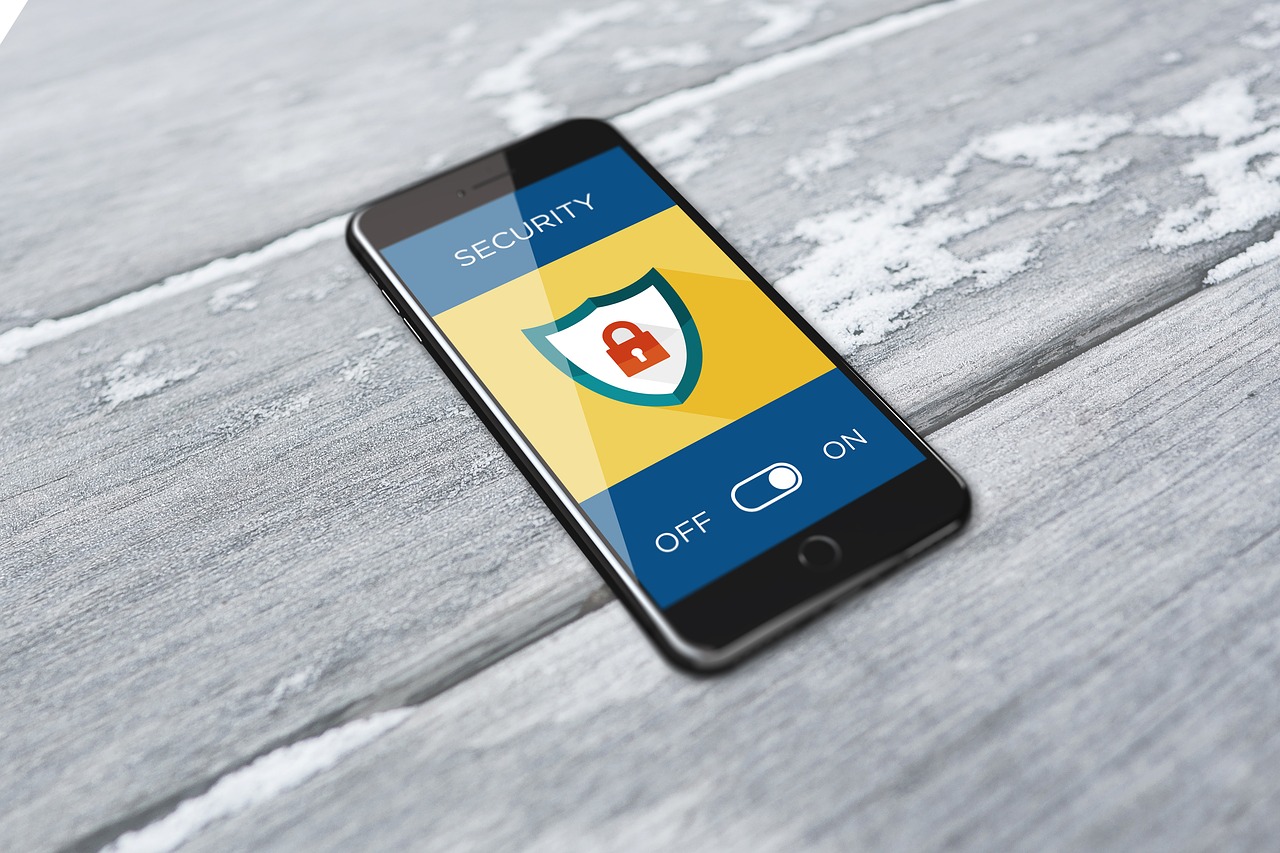
In the face of growing cybercrime threats, it’s not sensible to stay passive and hope for the best. A proactive approach is the best way to ensure that you do not fall victim to the malicious forces that lurk in the darkest corners of the digital realm.
The task of taking on hackers may seem daunting, but with these handy tips you should be better equipped to cope if and when your business is targeted.
Protect your Network

Network Security Vs Cyber Security
Most cybercrime is carried out remotely, with hackers slipping into mission-critical systems through backdoors in the network. This should make network security a top priority for any modern firm.
However, it is not sensible to focus all of your efforts on fixed line connectivity, as you will almost certainly have Wi-Fi available on-site which could be equally vulnerable to exploitation.
Test your Security

Hoping to Hire Top Cybersecurity Talent?
When it comes to defending against cybercrime, pen testing services are another option to consider. Professional security experts can use genuine hacking techniques to see how resilient your systems would be in the event of an actual attack.
Pen testing can also encompass the physical security of your premises and the policies you operate with regards to device use. If there are any inadequacies, it is better for an ethical hacker to unearth them and let you know, rather than only finding out once the crooks have had their fun.
Insist on Strong Passwords

3 Important Cyber Security Tips for Your Smartphone in 2016
Many cases of cyber crime are only made possible because of weak, guessable passwords being used by individuals or entire workforces. Knocking this habit on the head is essential and relatively simple to do, so long as you are aware of the things to avoid.
The longer the password, the more secure it will be. Likewise it is better to select a random string of letters, numbers and symbols, rather than a phrase which is memorable because it is linked to something of personal significance. In spite of this advice being well known, many still ignore it, so do not fall into the same trap.
Changing passwords regularly is similarly sensible, since if there is a data breach elsewhere and employees are using the same password across multiple systems, your in-house hardware could also be compromised.
Manage Mobile Devices

Cybersecurity Trends We’ll See In 2018
Data loss and theft can often stem from the use of personal devices, since while it may be convenient to embrace BYOD culture, doing so makes it difficult to manage the range of different gadgets involved.
The solution is to get serious about BYOD security, train employees adequately in the best ways to stay safe while using their personal devices and ensure that rogue apps and malicious code cannot creep onto business systems via this route.
For some firms the best option is to ban personal devices altogether and provide staff with handsets that can be managed centrally. If this is not feasible, a policy of care and responsibility will help.
Filter Emails
We all know that phishing campaigns are a problem, but that does not stop them proving an effective tool harnessed by cybercriminals.
It is often a case of sheer complacency that causes a user to open a dangerous message or click a link to an infected site, at which point malware can run rife and cause havoc on internal systems.
Learning to identify phishing campaigns is obviously important, but it is also vital to prevent unnecessary exposure by keeping a tight filter on email platforms. This should cut out a lot of the most problematic messages and also keep all inboxes free from unwanted clutter.





